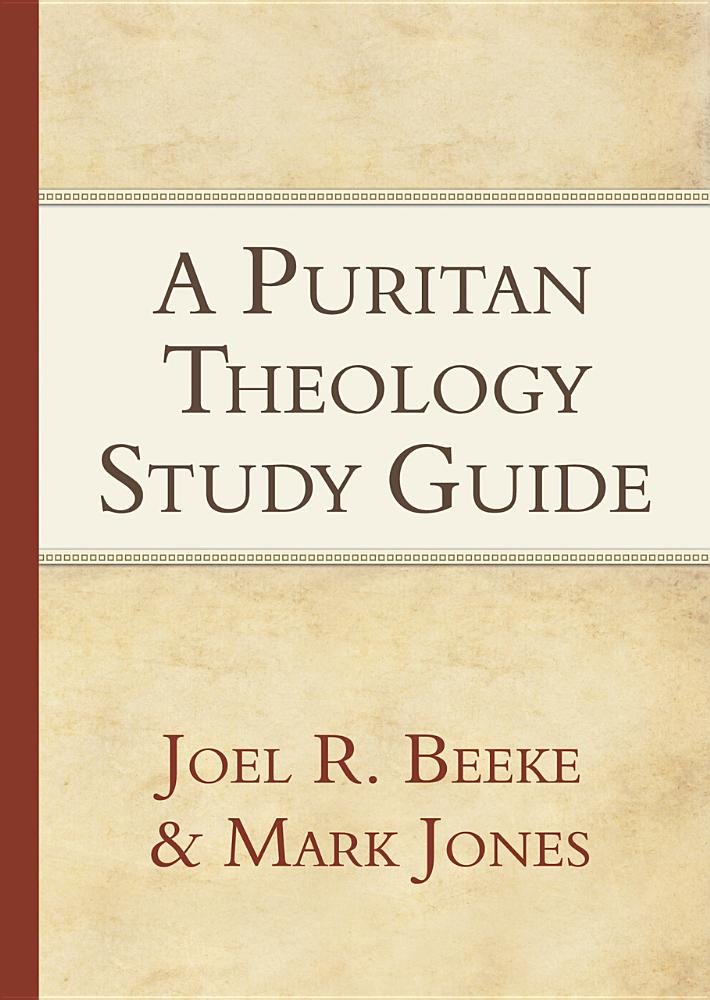We have already drawn attention to the massive and wonderfully helpful A Puritan Theology, edited by Drs. Joel Beeke and Mark Jones, but they deserves mention again for their new Study Guide designed to accompany the book and enhance the study and learning. We are glad to give it two thumbs up. The questions are consistently helpful and a genuine aid to learning.
The value of A Puritan Theology is immense, bringing together as it does the accumulated teaching of the Puritans on each theological heading – the doctrine of Scripture, the doctrine of God, the doctrine of the Holy Spirit, etc. The new Study Guide consists simply in questions arranged in progressive order through each chapter of the book, with space allowed under each question for written response.
Some Sample Questions
- According to Stephen Charnock, how can fallen man know God without Christ? What ten attributes of God does Charnock assert to be recognizable to non-believers by the light of nature?
- How did the Puritans view Christ as the major principle of interpretation?
- What was the fundamental unity between John Calvin and William Ames’s understanding of the Godward life?
- What is the foundational starting point for Reformed dogmatics, and how is this topic typically arranged?
- Explain why “middle knowledge” is inconsistent with Charnock’s doctrine of God’s comprehensive knowledge (omniscience).
- How did the Puritans describe the mutual communion of persons in the Trinity?
- According to John Owen, why did God reveal Himself as the Trinity?
- Explain the distinct ways that John Owen believed we should respond to the Spirit.
- What difference did Perkins set between election and reprobation?
- How would you summarize a Puritan definition of providence?\
- What are the differences between the view of angels held by many medieval Christians and the view of angels held by the Puritans?
- According to Jonathan Edwards and Thomas Goodwin, what was the reason Satan rebelled?
- How did the Puritans differ from each other regarding the necessity of satisfying God’s justice?
- How did most Reformed theologians view the old covenant and the new covenant?
- Why did Owen prefer to speak of the promise of grace with respect to God’s dealings with men prior to Christ’s death, instead of the covenant of grace or new covenant?
- How did Goodwin prove Christ’s compassion from what we know of each person in the Trinity?
- How have scholars often set Calvin against many of the Puritans regarding preparation for conversion? What has further research shown?
- How did Calvin understand imputation? Was Owen’s view significantly different?
It’s not too many of us that will read the Puritans as deeply or as widely as Beeke and Jones have in the preparation of this wonderful resource. Their book offers a one-stop resource of the leading teachings of the Puritans on a wide range of specific subjects. And now the accompanying Study Guide helps direct the readers’ attention to the important questions as they work their way through – and it makes for a useful discussion tool for group study.
Highly recommended.
Fred Zaspel
Buy the books

A Puritan Theology Study Guide